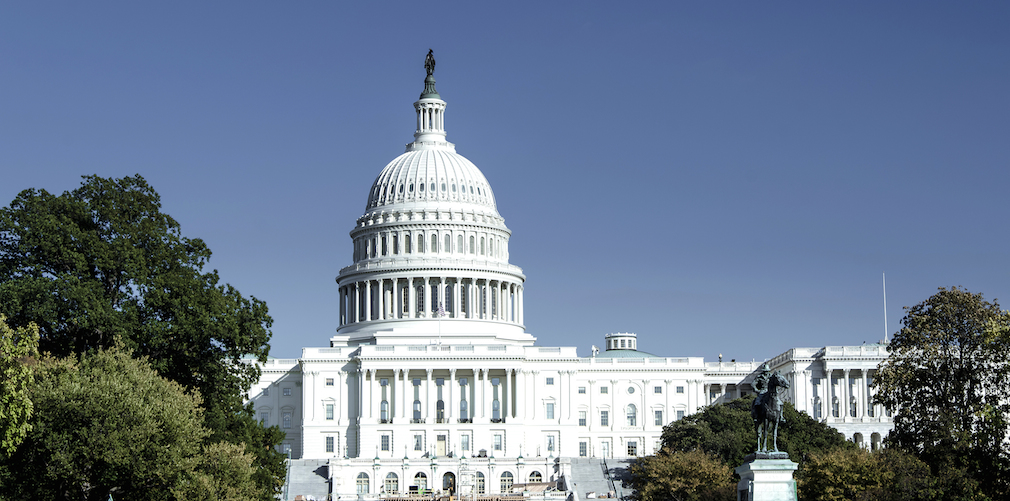If you’ve ever wondered why more (any) senior executives weren’t held responsible for their companies’ conduct during the financial crisis, you’re not alone.
Representative Bill Pascrell, D-NJ, feels the same way and he wants answers.
Pascrell, who serves on the House Ways and Means Committee, sent a letter Tuesday to Federal Bureau of Investigations Director James Comey, calling on the FBI to release the details on its financial crisis investigations.
In the aftermath of the financial crisis, dozens of companies have paid out billions upon billions in fines for various acts of malfeasance during the financial crisis, but to this point, many of the executives who lead those companies have escaped punishment, including Angelo Mozilo, the founder of Countrywide.
Earlier this year, the Department of Justice abandoned its attempt to sue Mozilo for his company’s actions.
Countrywide originated more mortgages in this country from 2004 to 2007 than any other lender. During that time, Countrywide closed so many subprime mortgages it remained a top-5 producer for that home loan product. The same goes for other loans, such as Alt-A.
One of Countrywide’s executives was actually fined for her actions during the crisis, but that fine was recently overturned.
In May, the Second Circuit overturned a $1.27 billion penalty against Bank of America in a fraud case over defective mortgages sold by Countrywide in the run-up to the housing crisis.
The Second Circuit’s May decision also voided the $1 million penalty against Rebecca Mairone, who the New York Times once referred to as the “face of the housing crisis.”
Mairone, who now goes by her maiden name, Rebecca Steele, is a former executive at Countrywide and one of the few individuals whose actions during the housing crisis landed them in legal trouble with the government.
But the Second Circuit’s decision exonerated Steele, leaving almost no one personally held responsible for the mortgage business’ actions in the financial crisis.
Now, Pascrell wants the FBI to disclose its investigative materials to find out why more people didn’t find themselves in Steele’s situation.
“The FBI, as early as 2004, expressed concerns about mortgage industry practices. It has been reported that the agency identified suspected mortgage fraud more widely by 2008,” Pascrell wrote in his letter to the FBI.
“It was at this point that the agency opened criminal inquiries into at least 14 companies as part of its investigation into the subprime-mortgage crisis,” Pascrell continued. “Reports indicate that the agency focused on accounting fraud, securitization of loans, and insider trading. However, several years later, no senior executives have been charged.”
The public is still interested in whether financial institutions committed illegal activities, Pascrell writes.
Therefore, Pascrell would like to see as much unclassified material released as possible. Pascrell writes that he would like to see witness interview transcripts, notes, reports, and memoranda produced throughout the investigations release to the public.
“While the Department of Justice and SEC have secured financial settlements from several major financial institutions in recent years, the investigations into potential criminal activity remain hidden from the public,” Pascrell writes.
“Since 2009, 49 financial institutions have paid billions in fines and settlements to the government and private plaintiffs,” Pascrell continued, adding parenthetically, “In some cases, these settlements paid by corporations were treated as tax-deductible corporate expenses.”
In a separate statement, Pascrell, a Democrat, noted the FBI’s willingness to respond a Congressional inquiry relating to Hillary Clinton’s use of a private email server during her time as secretary of state, and wondered whether the same attention should be paid to the actions of financial institutions during the crisis.
“The FBI has responded to the Republican leadership's fishing expedition, so let's start asking the questions that matter,” Pascrell said.
“Why weren't there any executives prosecuted following the massive fraud foisted upon the American people in the run-up to 2008?,” Pascress asked.
“The FBI's response to the financial crisis can teach us how to approach such disasters as lawmakers, but it can also shine light on a situation that citizens are still feeling the negative effects of,” Pascrell continued. “If we're reviewing FBI files, let's review something that could be useful in avoiding another Wall Street meltdown.”
In an interview Wednesday with Bloomberg, Pascrell went a step further, noting that his call for an investigation is not a partisan issue, as some of the financial crisis investigations took place under President George Bush, a Republican, and President Barack Obama, a Democrat.
From Bloomberg:
“Here we are eight years later — do you think the public knows how this happened? Do you think the public knows all of the recommendations made to the Justice Department?” Pascrell said Wednesday in an interview. “Why are Hillary Clinton’s e-mails any more important?”
“I am not making this a partisan issue, except to say that the party in the majority chose to bring all of her e-mails out to the public,” he said. “I simply want it laid out on the record and I want to see what they came up with.”
Click here to read Pascrell’s letter in full.
(h/t Zero Hedge and Bloomberg)






